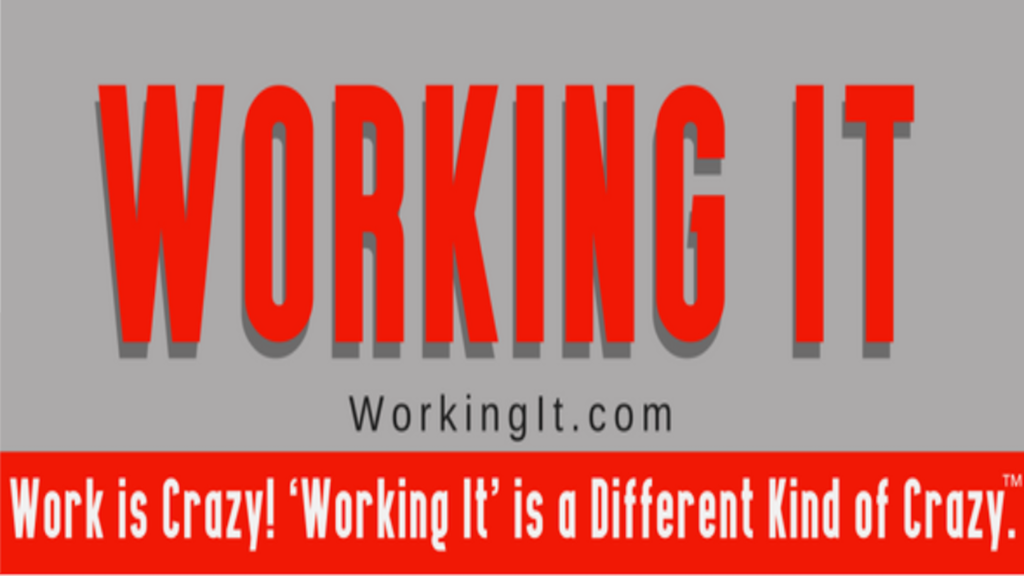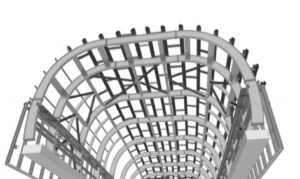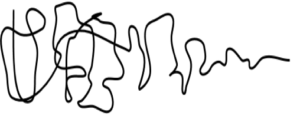
Work is structure.
Anonymous
Work and careers follow a cycle. The numbers are stunning. What does U.S. Department of Labor say? You’ll have 5/6/7 careers in our lifetime. Not jobs, but careers. That’s phenomenal. The average job tenure is going to be 2/3 years. That means each 2/3 years, you’ll move on to a new career that may be an extension of the present one or a completely new career opportunity. What drives each cycle? COVID-19. Globalization. Politics. Recessions. New business paradigms. New risk based, business models. Tech drivers. Outsourcing. Offshoring. Financial cataclysms. Climate change.
We like the 4P’s architecture of Marketing: Product, Price, Place, and Promotion. We felt Future of Work could largely be subsumed under our 7P’s work framework, like marketing’s 4P’s.
When there’s a systemic disruption like COVID-19 of the economy or in one’s vertical (industry sector), a person may lose his/her job and look for a new one. Alternatively, the disruption may be driven by personal circumstances or personal decisions. However, every time a person goes through one of these changes, the 7P’s cycle or wheel starts again.
The cycle means you have to understand the shifting Paradigms changing work; review the People element (how will the loss of work or a new job impact your family, etc.); understand how your Principles and those of the company match; learn new skills and develop new Practices; develop your personal brand (Product); learn new Processes or ways of working; and taskify and Projectize your small business work.
Most would say that inherent abilities along with knowledge, skills and abilities make the expert. Maybe. All this helps. Experts also see and do their work differently. They see and understand the power of uncertainty (Paradigm shifts). They understand and empower people’s dreams and visions (People). They have personal principles of work that ensure justice and fairness (Principles). They have learned skills and habits that ensure success (Practices). They build their personal value brand (Products). They design and follow processes that ensure success and satisfaction (Processes). They know how to manage project scope, schedules, costs, and quality (Projects).
In each chapter of this book, you’ll discover:
PARADIGMS
COVID-19 is the ultimate paradigm work shift. COVID-19 pandemic, globalism, workism, off shoring, outsourcing, competitiveness, artificial intelligence, automation, identity politics, and tech will create new work, career, and job paradigms. What do you think your organization and work will look like after these paradigm shifts?
Predictions are made on quicksand because once they’re made, things change again. In Working It: Disruption Rules, we’ll introduce the significant shifting work paradigms, artificial intelligence and how they will redefine organizations; their risk based, business models, and the fundamentals of work. These shifting paradigms will introduce changes that will deeply impact how your work is done, who has work, and how you’ll interact with your co-workers and even buddy machines (cobots).
PEOPLE

7P’s define and support the structure of Future of Work.
Remember, work is all about people and the human factor! The human factor is at the heart of everything – the thing that keeps everything pumping, not just the blood! Sometimes, it’s forgotten people make an organization. People make critical buy and sell decisions. People develop new products. People service other people. People consume products and services. Without people, there are no customers, no consumers, no organizations, and no reason for work.
Also, people make decisions on an hourly basis. Decisions in VUCA time sometimes seem fear based. These decisions are often reactive, even instinctive. The result is bad choices are made with real consequences.
And when the COVID-19 paradigm shift or COVID-19 work disruption occurs, people are being blind-sided. They won’t see it because they’re in the box and can’t see the warping occurring in their work box.
PRINCIPLES
What’s your employer’s vision and mission? What’s your personal vision and purpose? Are your employer’s mission and yours aligned? Let’s first start with your employer. Should a business steward its resources for the benefit of future generations and share them with its workers. Or, should a business maximize immediate financial returns for its shareholders? Think about it.
And, what’s your fundamental purpose for working in VUCA time? Should your passions and principles be aligned with those of your employer, partners, and others? What should you do if there’s little alignment? Or, what should you do when the thrill is gone from a job or career? Or, what should you do if you can’t move up? Accept the conditions, move on, or start your own business? Or stay, because you need the salary? We’ll discuss these all-important Playbook questions.
PRACTICES
There are self-management practices that can spell success in your work, career, and job. Self-management is all about self-empowerment through self-management, specifically learning how to manage customer, time, quality, communications, risk, tech, and performance commitments, which are critical work practices. Self-management decisions may involve transitioning from working in an office to working @ home, taking online classes, managing your small business in a time of crisis, and maintaining your sanity and resilience in VUCA time. In this book, we call COVID time VUCA time.
Let’s look at one practice. Everyone now seems to be a techie. Tech is both the biggest driver and facilitator of workplace disruption. Tech creates boundaryless companies, which result in flat hierarchies and boundaryless careers. Where a career was once a vertical progression in a company, it’s now the accumulation and implementation of value-added practices, information, and knowledge gained through diverse work experiences.
PRODUCTS
While it may sound callous, we’re all products or brands that offer value and service to a buyer. Each of us needs to develop and distill our value-added differentiators. We’re hearing buzz about the concept of Me-Inc. or Brand You, where each one of us either as a full-time employee or independent contractor is essentially a value-adding, small business with products and services.
PROCESSES
A company’s core process is its risk based, business model – how it conducts its business or in other words, how it works day-in and day-out. In the U.S. and most of the world, startups and small business are the risk-taker’s dream. Core processes are the basic building blocks of small business success. COVID-19 now challenges companies to see what it does in terms of intellectual property (IP), activities, policies, systems, people, etc. In the same way, each of us has a bundle of value-adding processes involving personal knowledge, practices, skills, and competencies. These core proficiencies are what you can monetize as side-hustles or sell to organizations to develop and monetize.
PROJECTS

Look and feel of Disruption Rules
Work and side-hustles are organized around projects. Project management is evolving into a critical self-management skill to ensure the right work is done right on time and within budget. These activities must be accomplished quickly, effectively, and efficiently. A project may involve typing a letter, responding to a customer request, developing a killer app, or putting a person on the moon.
Eighty percent of the work in an organization may be project based. Organizations are going as far as projectizing their activities including their core processes. Creative, consulting, engineering, and medical offices are already 100% projectized. When customer expectations are sky high and competition is deadly, the conventional wisdom is projectized teams differentiate winners from losers.
Work Lesson Earned: In VUCA time, hustle and grit are hugely important. Hustle is the ability to pursue your personal vision by making smart decisions and choices. Also, grit is your ability to take risks and be resilient. A successful hustle worker, describes the personal challenge
“I think that anyone who successfully cuts loose and truly inhabits this 7P working world must be able to put him or herself in the shoes of a client or customer and really understand how to generate value in everything they do.
Millions of people will be putting their skills into the marketplace in the coming years… the differentiator in those who succeed, those who fail, and those who land somewhere in the middle will be one’s ability to understand how to deliver value. Cost is really a far lesser concern … depending on real and perceived value and context, $50 for a project can be ridiculously expensive or a million bucks can be ridiculously cheap.”[i]
This is my stream of consciousness around the Future of Work. I’ve listened and curated workplace conversations and placed them in the 7P’s framework. Do I have all the answers on work? No! However, I do want you to ask critical questions and encourage new thinking of your Future of Work. And hopefully, Working It can be part of your Playbook to understand and adapt.
[i] Mike Richman personal work story 2020.
